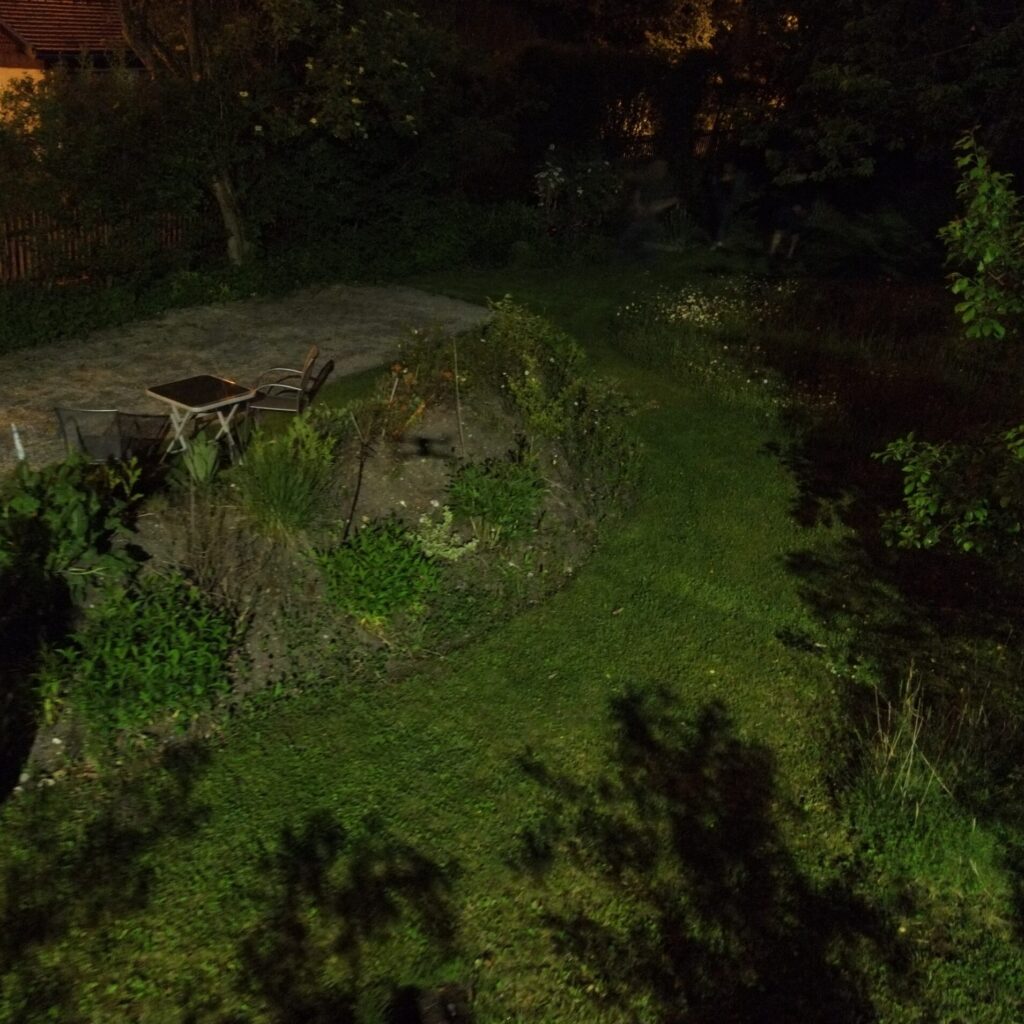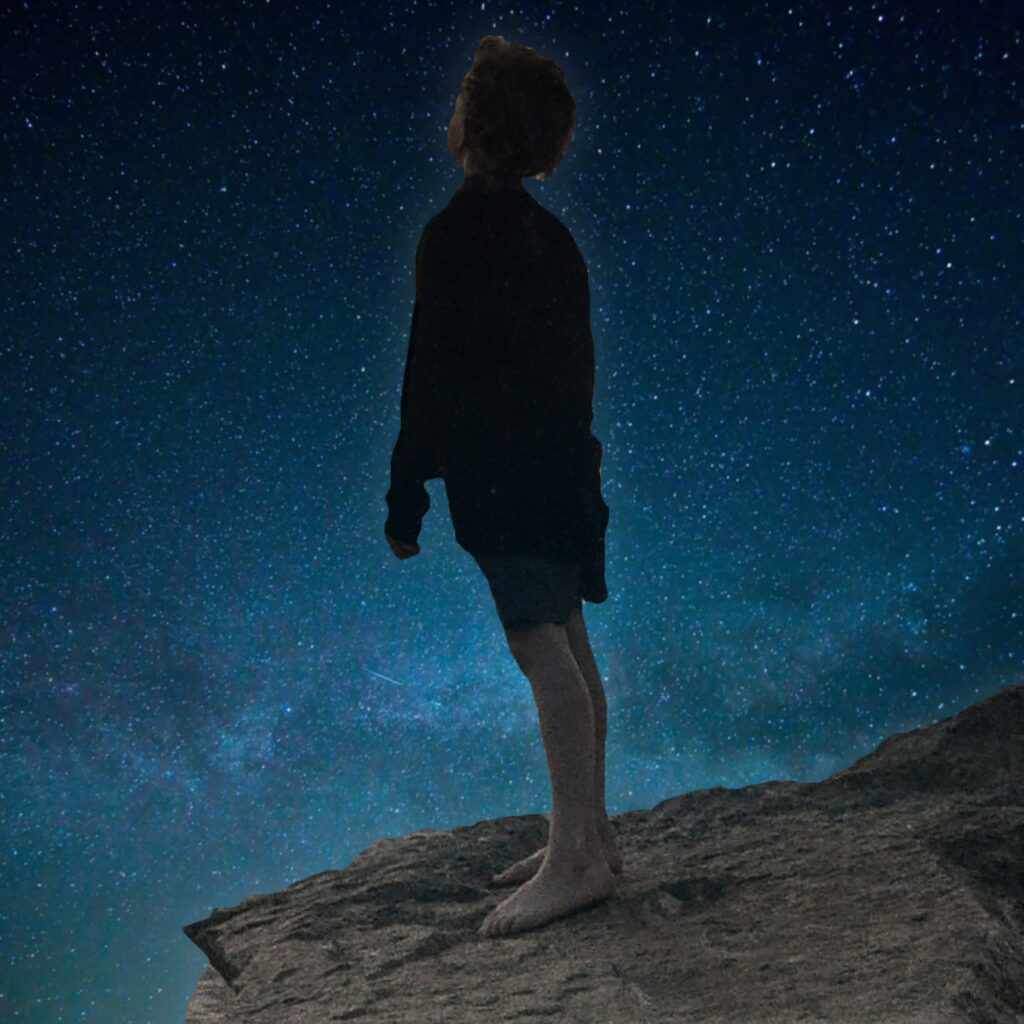
Health
Light is of immense importance for our bodies on many levels. Not only is light important, but also the alternation between light and darkness. In addition, it is not just brightness and spectrum that play a role, we need the right light at the right time.
All organisms are adapted to the rhythmic change of day and night. It synchronises the hormone melatonin, which controls almost all of our body’s functions, including sleep, heart rate, body temperature, hormone balance, immune system, growth, and psyche. If this rhythm is disrupted, our body also gets out of sync, our welbeing suffers and we can become seriously ill.
Too much light at night is bad for our health
As diurnal creatures, we think of light as something pleasant. In fact, we need significantly more light during the day than most of us are able to get. Perhaps that is why we tend to make it brighter in the evenings. Few people notice that there is a growing lack of darkness.
At night, our body needs natural darkness. Various studies show that if the nocturnal brightness of a region increases there is also an increase in the risk for sleep disorders, depression, cardiovascular diseases, obesity, type 2 diabetes, fertility issues, breastcancer, and prostate cancer.
Though we don’t understand exactly how light pollution influences our health, we know that light as the wrong time interferes with our internal clock and contributes to the development of all these diseases. People might be able to protect themselves against unwanted outdoor light, but there are good reasons to believe that light pollution plays a part in many disease of civilisation.
“In my opinion, it’s not just about sleeping and the bedroom. The light that is too bright surrounds me, is constantly present. I am denied the opportunity to participate in the night!”
Resident about the bright street lighting that illuminates her garden and house

Light pollution can have a more direct effect when light enters living rooms and bedrooms. Many people find this disturbing and have difficulties to relax and fall asleep. Sleep disorders and stress, e.g. caused by the lighting in the neighbor’s garden, in the parking lot on the side street, or on the church tower, can also promote all illnesses associated with nighttime brightness.
Too much light around us also encourages us to stay active for longer. This actually sounds positive, because who doesn’t like to have fun in the evening, but it usually comes at the expense of our sleep and disrupts our day-night rhythm.
Darkness and starlight are good for the psyche
Additionally, light pollution can be bad for our mental health. For many people, looking at the stars is not only inspiring, but also leads to measurably greater well-being. It strengthens the feeling of being part of a greater whole and gives hope. During the Covid pandemic, looking at the stars was a source of strength for many. Light pollution deprives us of this view – with previously unknown consequences for our psyche.
It should not be forgotten that light pollution has many negative effects on the nature around us. Access to green spaces and the opportunity to see birds improves our health, not only mentally, but is good for our heart and reduces our risk of cancer. But nature needs darkness.
So there are many reasons to recognise the value of darkness and to preserve areas where we can relax in natural darkness under starlight. Not just on vacation, but also around the corner.
„Against the suffering of the earth there is no consolation but the starry sky.”
Jean Paul

Blogposts about this topic
Light and sleep – or why we (usually) sleep at night
Nature- and neighbour-friendly Christmas lights
Short film: Light in harmony with human and nature
Is a 4000 Kelvin LED street light like the moon?
Night mode for LED displays – does it really work?
Losing control – gaining control: Hannah Ahlheim talks about sleep research
German blogposts about this topic
Der frühe Schüler verschläft den Wurm
Wenn blaues Licht uns nicht schlafen läßt
